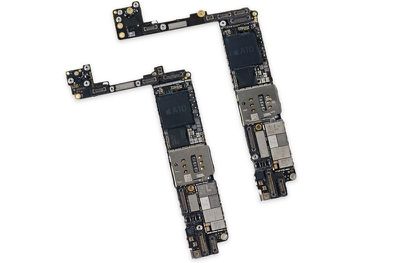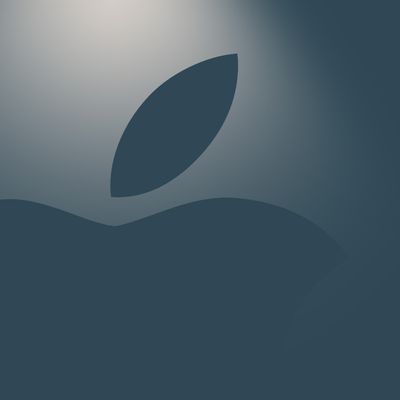Apple recently purchased expensive production equipment to produce the rigid flexible printed circuit board for the iPhone 8, reports The Korea Herald. Apple doesn't plan to use the equipment itself, but is instead leasing it to suppliers to ensure it can get the components it needs for the iPhone 8 amid rumors of production difficulties.
The equipment cost Apple "tens of millions of dollars" and will be used to create the aforementioned circuit boards, which are a key component that connect parts like the iPhone's display and camera. A rigid flexible printed circuit board (or RFPCB), which combines both flexible and rigid technologies in a single board to conserve space, is reportedly more difficult to produce than standard rigid or flexible PCBs.

Apple made the purchase after one of three suppliers it planned to source parts from backed out of the deal. Interflex and Youngpoong Electronics, two Korean companies, are said to be producing the components going forward.
"One of the three suppliers recently decided to back out," a source told ET News on condition of anonymity, saying that the supplier is a Taiwanese manufacturer.
The exact reason why the Taiwanese supplier withdrew from the deal with a big client Apple was not revealed. But sources say the firm may have felt a pinch on the tricky production and strict quality requirements along with low profitability.
With one supplier pulling out of the deal, Apple decided to make sure the remaining suppliers can meet capacity. "To fill the loss, Apple is supporting the other two suppliers, both Korean, to beef up production," said The Korea Herald's source.
Rumors have suggested Apple is struggling to produce several of the new iPhone's components, including the 3D sensor and the display lamination process, which many analysts believe is going to lead to some delay in production ramp up.
KGI Securities analyst Ming-Chi Kuo, who often accurately predicts Apple's plans, believes production ramp up could be delayed by a month or two, which means the iPhone 8 could be available in limited quantities with Apple unable to meet demand until late in 2017 or early in 2018.
























